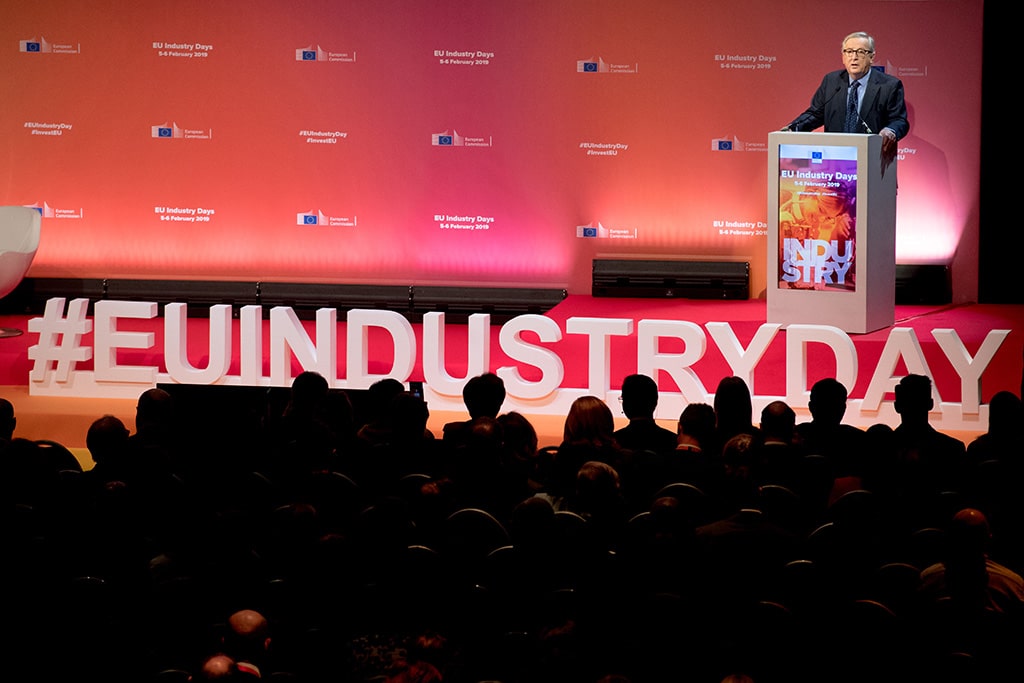
A Spanish Minister said in the 1990s that ‘the best industrial policy is one that doesn’t exist’. Although Carlos Solchaga oversaw a courageous and tough bout of industrial restructuring, it is unlikely that such an affirmation would find much favour today amid European concerns about the Fourth Industrial Revolution and competition with China and the US, among others. Germany has never renounced such a policy, although it was formerly less proactive than the one pursued recently, with the Industry 4.0 strategy, and what the Federation of German Industries (BDI) has been calling for to address the Chinese challenge. France, which leans much more towards a state-led industrial policy, has steeped the debate in its culture and affected even the Merkel administration. Now both are pushing a policy that defends, and even protects, as well as promotes their industries. But care is in order, for France and Germany may be devising a bilateral European policy rather than an EU one. When they refer to ‘European champions’ they are thinking primarily of Franco-German champions, although they are also pushing an industrial policy at the EU level, which, they say, should be the priority of the next European Commission. Merkel wants the next European Council, meeting on 21 and 22 March, to address it; providing that the Brexit issue does not monopolise attention.
Industrial policy is nothing new in Europe. The best example may be Airbus. But the level of urgency and ambition has increased markedly. France and Germany have published a bilateral ‘Franco-German Manifesto for a European industrial policy fit for the 21st Century’, an important and interesting document that calls for ‘a more ambitious European industrial strategy with clear objectives for 2030’. It advocates ‘investing massively in innovation’, particularly in Artificial Intelligence (AI), an area in which France and Germany aspire to become ‘world leaders’. Together with support for the new European framework to restrict the acquisition of European businesses by non-EU capital (essentially to thwart China), it is notable for its call to review EU competition rules, especially those governing mergers, in order to be able to compete globally. They suggest that the European Council (of heads of state) should, in certain cases, overturn the ruling of the European Commission when it blocks some of these mergers.
What has triggered this proposal –which is by no means certain to find favour with other member states– is the European Commission’s refusal to approve the merger of two giant train manufacturers, the French company Alstom and the Germany company Siemens. The Competition Commissioner, Margrethe Vestager from Denmark, argues that such a merger would hinder competition in Europe and that it was not necessary to combat, for example, the Chinese behemoth CRRC. The two firms in question are quite capable of fending for themselves, in Europe and on the world stage without, argues Vestager, the need to create a super-conglomerate, and CRRC does not yet represent real competition in the EU. At any time, however, China could decide to buy train manufacturers in any EU country, and thereby become a European player. The two firms in question submitted their case somewhat arrogantly, and while they were prepared to shed some of their businesses, as they were required to do (businesses that could have been purchased, in the Spanish case, by Talgo or CAF), they were reluctant to divest themselves of strategic elements, such as those related to signalling. Vestager wanted to be sure that the tie-up would not lead to price hikes and less choice for customers. Nevertheless, the need to create ‘European champions’ is ever more urgent. The chance to construct the railway equivalent of Airbus may have been lost with this thwarted merger, but it should have been opened up to other European players in the industry.
As far as driving the wide-reaching AI revolution is concerned, Macron and Merkel, in the new Franco-German treaty signed at Aachen in January, argue for a European dimension, but their primary commitment is to the creation of a Franco-German research and innovation network, a ‘virtual centre’ for AI, based on the structures already existing between the two countries.
That said, French and German industrial policies are not the same. And other considerations may impinge. We are witnessing this with Berlin’s recent decision to cut arms sales to Saudi Arabia, which, to French displeasure, has an impact on Airbus’s military sales.
With the departure of the UK, assuming Brexit finally materialises, EU industrial policy would be severely hampered without close Franco-German integration. It is necessary, but not sufficient. The others too should be able to participate and ensure that they benefit from the new and sizeable funds the European Commission is earmarking for these ends in the 2021-27 budgetary framework (although this is something the new Commission emerging from the next EU parliament will have to decide). An EU industrial policy will be needed to enable Europe to compete with China and the US. In AI the EU is falling alarmingly behind. It is important to ensure that everyone benefits –not only monetarily but also in terms of knowledge– from these initiatives. Nor should it be forgotten that national policies are also needed to be able to take advantage of the EU dimension. But the new industrial policy has to be both European and Europeanist. In other words, inclusive.


